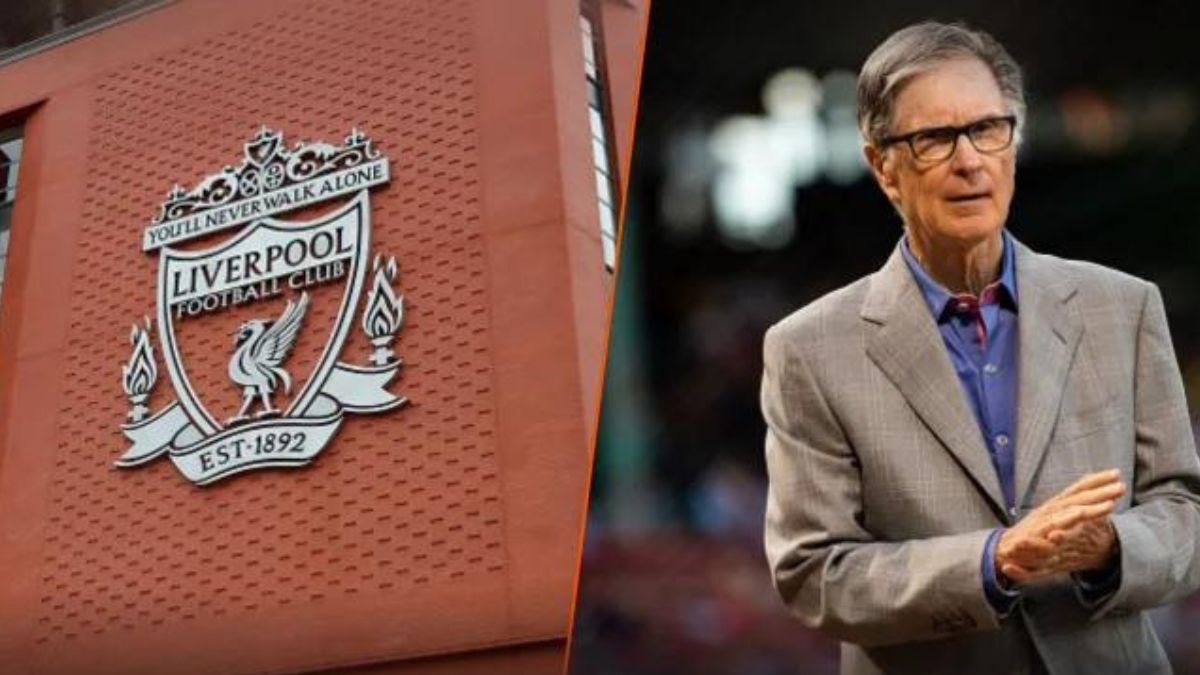
Liverpool’s Financial Fair Play Advantage: A Deeper Look into PSR and FSG’s Sustainable Model
The unique business model of Liverpool under FSG’s ownership and the PSR landscape highlight why the club might not actively participate in the transfer market.
FSG’s prudent approach amid squad challenges of Liverpool
As Liverpool maintains their lead in the Premier League, the January transfer window prompts discussions about their rivals’ activities. However, unlike some counterparts dealing with Profit and Sustainability Regulations (PSR), the LFC’s financial position seems secure.
Despite challenges like player injuries and missing key players, Liverpool are careful in the January transfer market. Even though they need players, the team prefers to think long-term.
For example, when they signed Luis Diaz and Cody Gakpo in past January windows, it was because the Reds got good deals and had control. Liverpool doesn’t usually rush in January; they look for good value and players that fit well.
Right now, some crucial players are coming back from injuries soon. So, even though they face challenges, the Merseysiders might have a strong team by early February. But people are still talking about if they should add more players while they are on top.
Profit and Sustainability Regulations (PSR) in the Premier League
Understanding how much money a football club can lose without getting into trouble is crucial. In the Premier League, they have rules called Profit and Sustainability Regulations (PSR). These rules look at a club’s losses over three years. For Liverpool, it gets a bit special.
According to expert Swiss Ramble, the club can only lose a small amount, around £15 million. LFC chooses not to rely on its owners to pay for losses. Most other clubs can lose up to £105 million, but only if their owners promise to cover that.
What’s interesting is that Liverpool’s owners want the club to make money on its own. This differs from other teams like Arsenal, Chelsea, and Newcastle United. They’re having a tough time with PSR because they spend more than they make.
But the Reds are in a better spot, with a profit of £24 million over three years. So, when it comes to following the PSR rules, Liverpool are doing quite well, and that’s why they don’t have the same worries as some of their rivals.
Liverpool’s financial fitness: Beyond PSR and UEFA’s FFP
The Merseysiders’ financial health goes beyond just the rules of the Premier League. They also follow the Financial Fair Play (FFP) rules of the Union of European Football Associations (UEFA). Unlike some clubs facing tight rules, Liverpool has an intense money situation.
This part will discuss how much money the English giants can lose according to PSR and how they follow the UEFA FFP rules.
We’ll examine how much money Liverpool made and lost from 2019 to 2022 to understand this. According to the PSR, they can only lose a certain amount.
But because the Anfield side makes good financial choices and recently sold a bit of their club, they can use that money wisely in the transfer market while still sticking to the rules.
The impact of FSG’s ownership on market maneuverability of Liverpool
Fenway Sports Group (FSG) owns Liverpool, and their decisions affect how the club handles money. Unlike some teams needing owners to help when they lose money, FSG makes choices that keep Liverpool strong. Recently, they sold a part of the club to a New York-based company for about £150 million.
This move helps pay off debts and makes it easier for Liverpool to buy and sell players. It’s like having more money in the bank, giving the team flexibility in the transfer market.
FSG’s choices matter because they shape how Liverpool operates. Selling part of the club doesn’t mean losing control; it means having more options. With this extra cash, the Reds can make smart moves, like signing good players or improving the team’s facilities.
FSG’s ownership is like a guide, helping Liverpool stay at the top without breaking any rules. It’s like having a strong captain steering the ship in the right direction.
